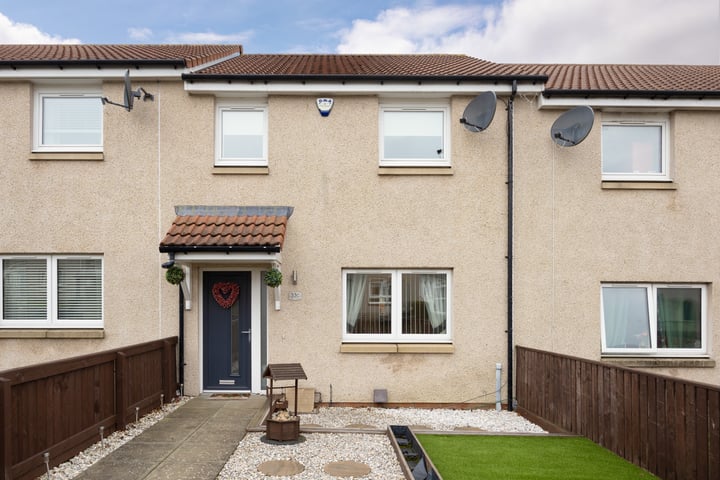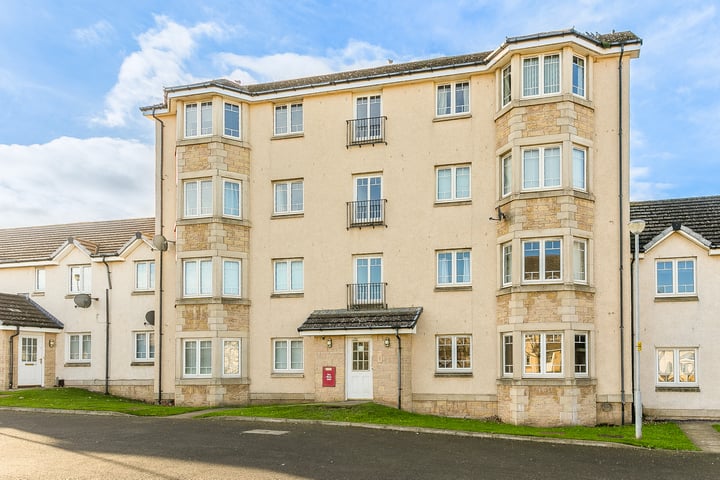In early November 2017, the Bank of England announced that it was raising interest rates for the first time in 10 years. Interest rates have increased from 0.25% to 0.5%, the first rise we’ve seen since July 2007. But what does this mean for you?
Variable or Tracker Rate Mortgages
Across Britain, 9.2 million households have a mortgage. These are made up of approximately a 50/50 split between variable rate or tracker mortgages and fixed rate mortgages.
Variable rate or tracker mortgages reflect the current interest rates in that repayments can go up or down depending on the interest rate set at that time. The majority of households on variable or tracker mortgage are older and have smaller outstanding balances.
Those on variable or tracker mortgages will be the first to feel the effects of the rise. Based on the average borrowing (£89,000) over the average term (25 year term) the average increase in monthly payments will be between £11 and £12 extra per month.
Fixed Rate Mortgages
The majority of new mortgage products taken out by property buyers are fixed rate mortgages. These are typically fixed for between two to five years. When the fixed term is up, holders of fixed rate mortgage who do not, or are unable to, switch to another mortgage product may find themselves with a higher monthly repayment than before.
The rates offered to people taking out new mortgages, including fixed rate mortgages, have been rising for some time now in anticipation of an interest rate rise, so the interest rate rise doesn’t mean that potential property buyers who need a mortgage will suddenly see the cost of fixed rate mortgage products going up.
Savings
Savers will be pleased to learn that the amount of interest they can generate on money placed in easy access accounts or ISAs is set to increase. Before the increase, £10,000 of savings would earn £14 interest over a year. That figure will now rise to £55.
It is unclear as to whether all banks and building societies will pass on this interest rate in full to their customers. Nationwide, TSB, Skipton and Yorkshire Building Society had promised to pass on the interest rate rise to borrowers and the Bank of England has stated its belief that other banks and building societies will follow suit.
For property buyers hoping to save for a deposit, this should hopefully come as good news.
What Does This Mean for the Property Market?
The Governor of the Bank of England has promised that any future interest rate increases will be small and gradual.
Commenting on the changes, Robin Purdie, Director of MOV8 Financial, Independent Mortgage Advisers stated that:
“It’s unlikely a 0.25% increase will make any difference at all. In Edinburgh, demand is still far outweighing supply and mortgage products being priced slightly higher is not going to impact on this any time soon.
“The flip side to this is that those saving for a deposit are not going to reach their target any quicker either, unfortunately.
“My advice to borrowers remains the same in light of the rise – make sure you can afford the mortgage at a higher rate. Yes, you may be fixed at 1.5% just now, but your rate may be higher than this when your fixed rate expires, so you need to factor this into your thinking at outset.”
If you’re thinking of selling your home and would like to know how the interest rate increase might affect your prospects of sale or your sale price, call MOV8 Real Estate’s Valuation Team on 0345 646 0208 today. Alternatively, you can now instantly book a free valuation appointment, online, by following this link.






Leave a Reply